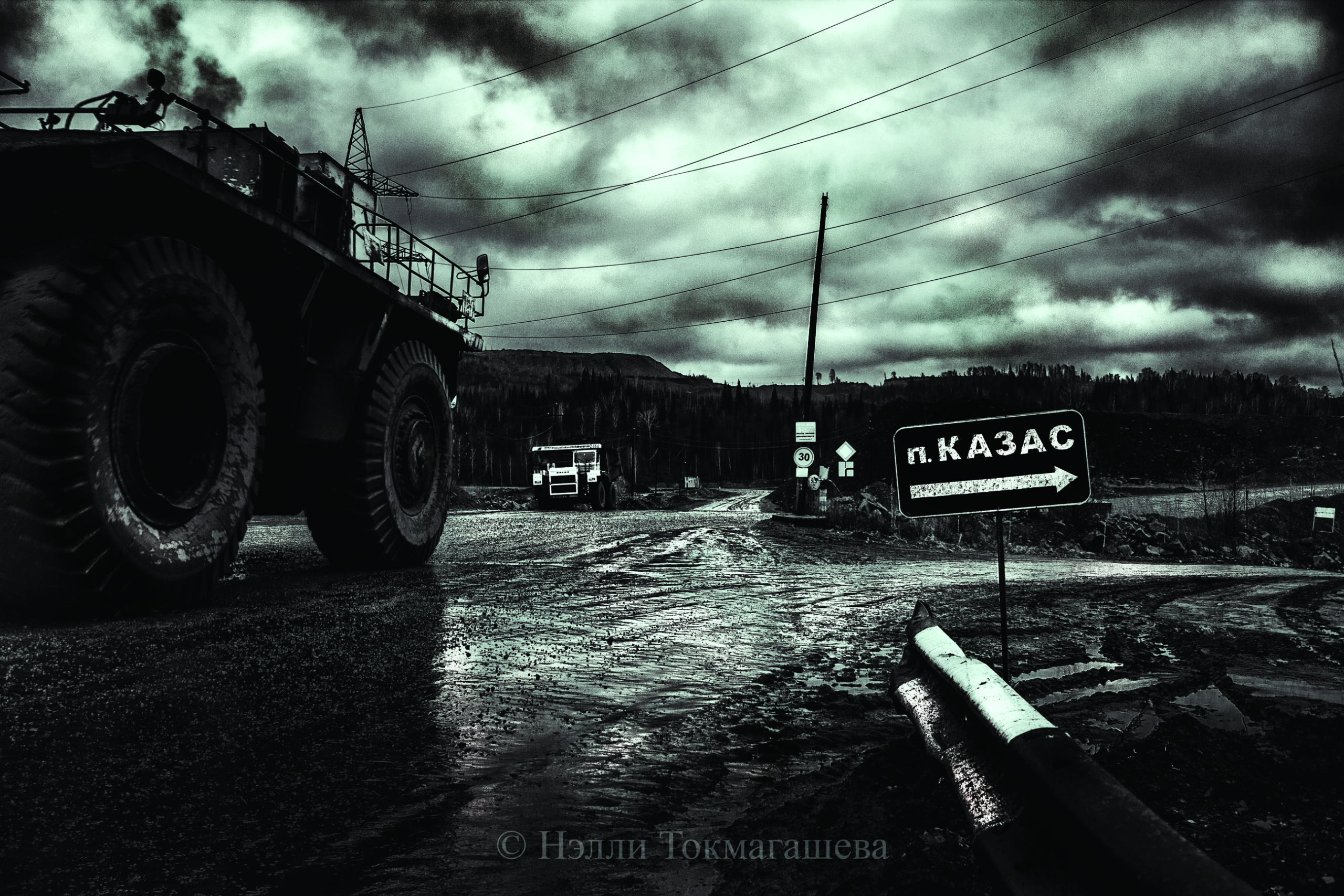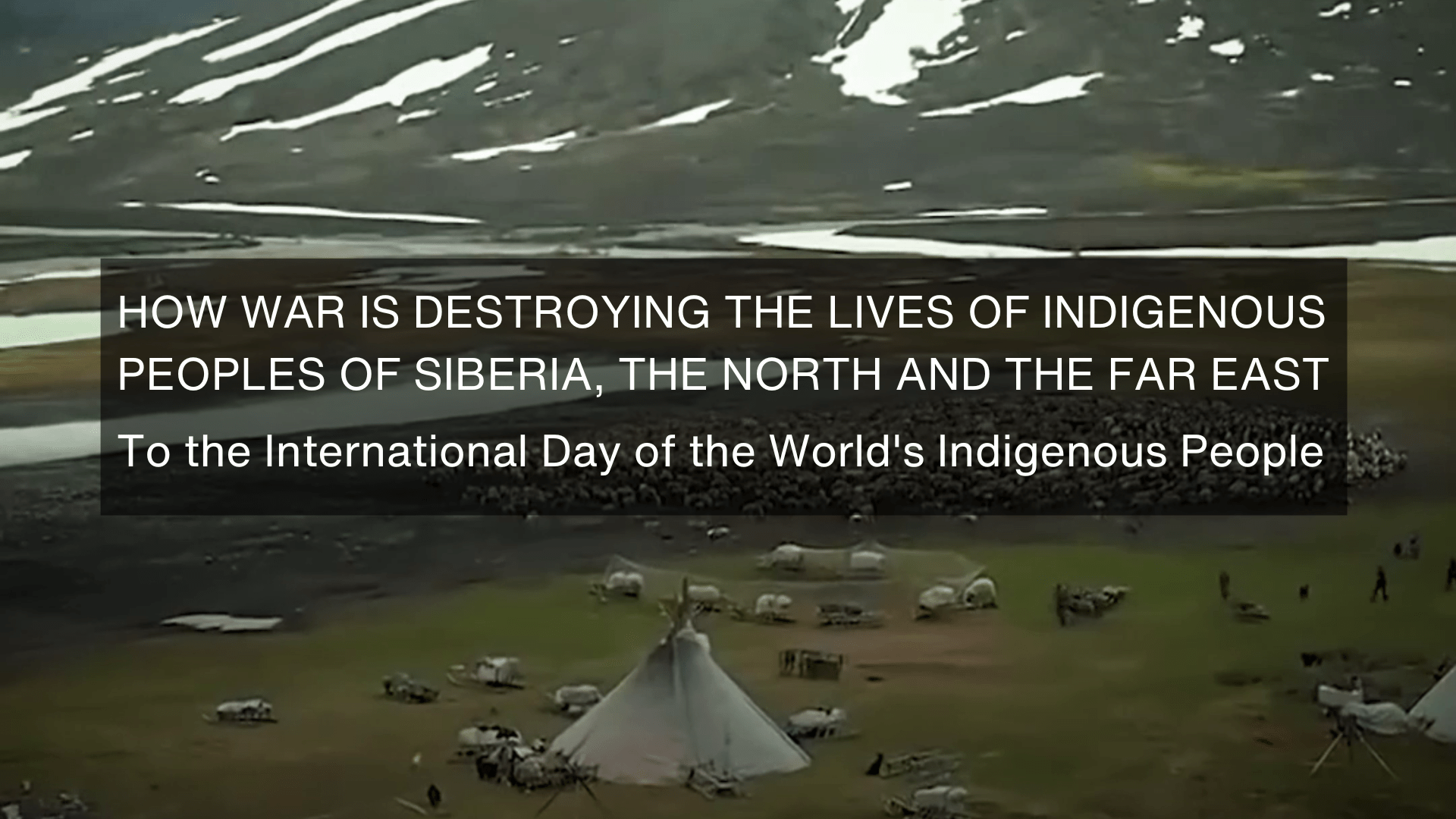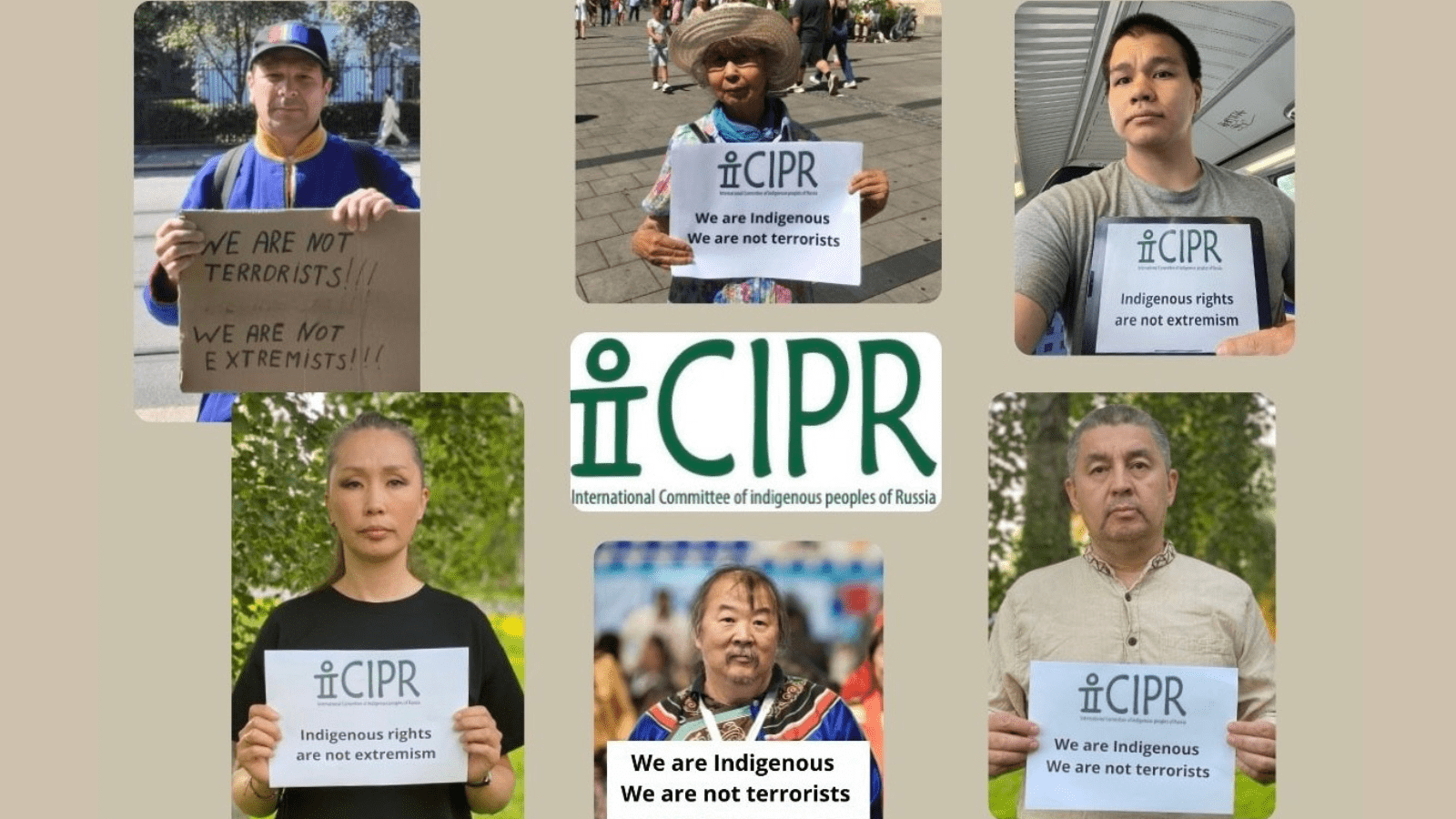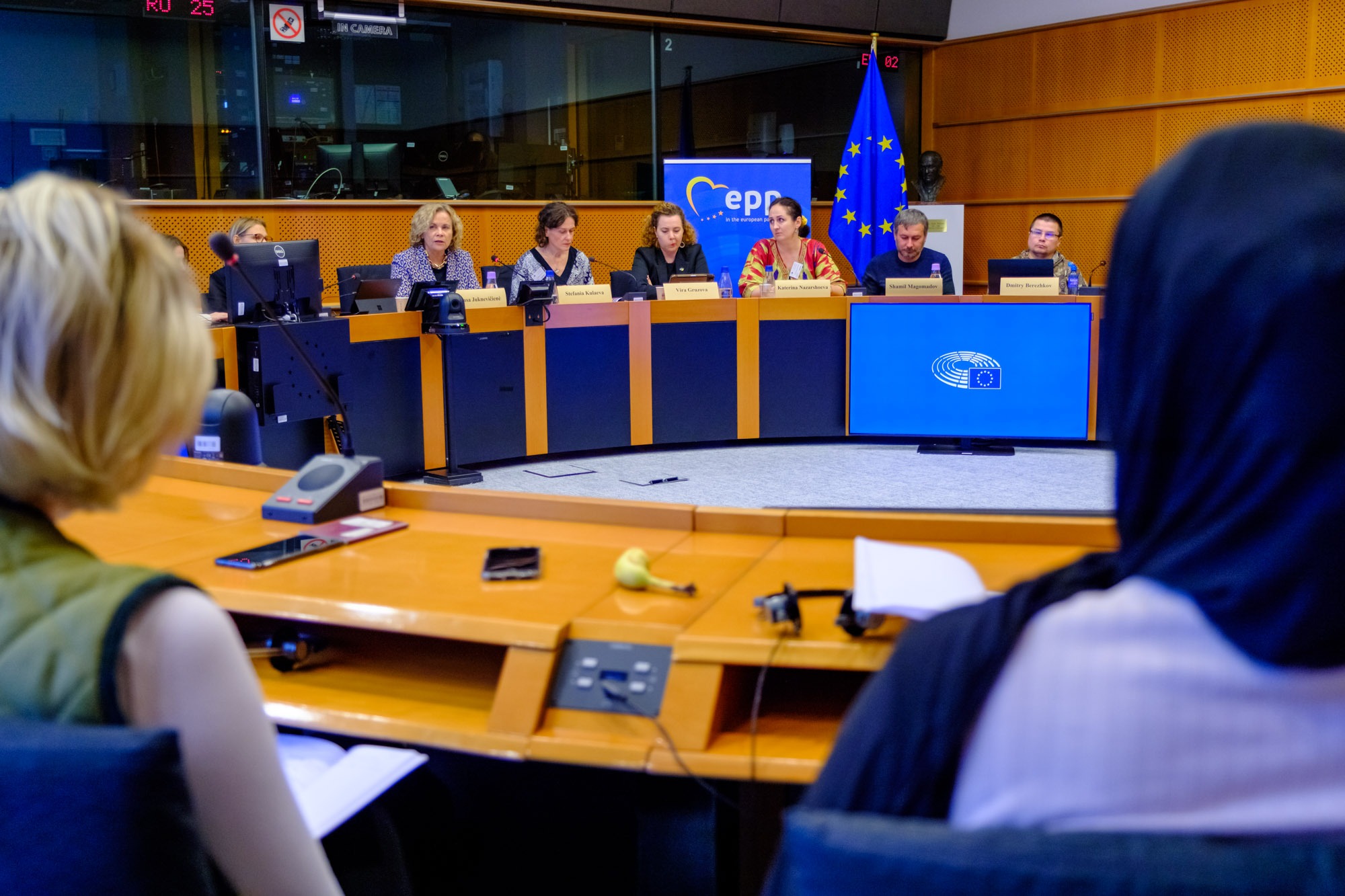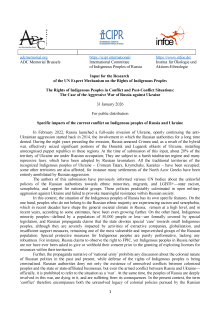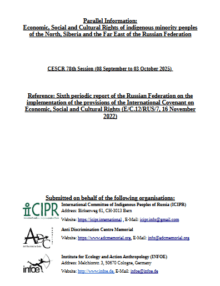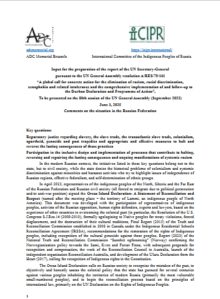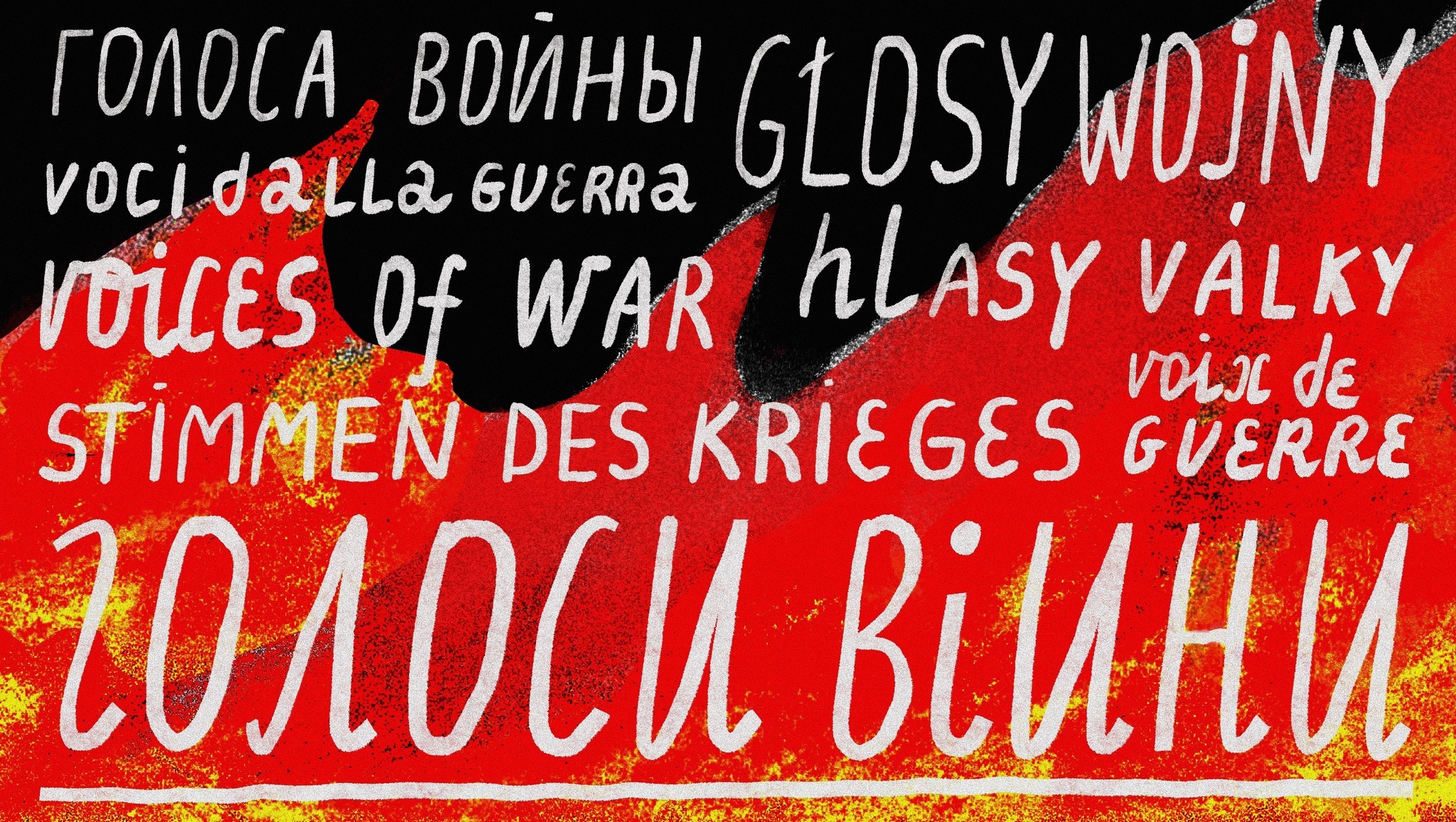On November 26, 2013, a fire broke out in Yury Kastarakov’s house in the village of Kazas, Myski District, Kemerovo Oblast. The same thing happened in Vladimir Tokmagashev’s house one month later, on December 29. There were no injuries, but both houses were seriously damaged. Another three houses burned down over the next three months. These fires were not accidental.
Kazas is the traditional home of the indigenous Shors 1The Shors are a small indigenous people of Siberia who live mainly in the south of Kemerovo Oblast. According to the 2010 census, there are approximately 12,000 Shors. and is located several hundred meters from a coal mine. The owners of the five homes destroyed by fire were the village’s last residents; they had refused to sell their homes and land to the Yuzhnaya coal company. The village basically ceased to exist after the fires, and the residents did not receive any compensation. Yana and Vladislav Tannagashev—two activists who fought against the village’s demise—were forced to flee Russia because of threats from government bodies and mining company representatives.
The situation in Kazas is not unique. Russia has over 40 officially recognized small indigenous peoples, whose rights are guaranteed by the Constitution and Russian law. The most important of these rights is the right to use and preserve traditional lands and participate in making decisions that affect the interests of indigenous peoples. Most of these groups live on territories in Siberia, the North, and the Far East that are rich with mineral resources, including coal (Kemerovo Oblast), oil and gas (Yamalo-Nenetsky Autonomous Oblast), and biological resources like fish (Kamchatka, Khabarovsk Krai). Today the extraction of mineral resources results in the destruction of places where indigenous peoples have traditionally lived and subsisted. This has forced them to move to cities and turn away from their traditional lifestyles, customs, and cultures. Representatives of indigenous peoples call this ethnocide.
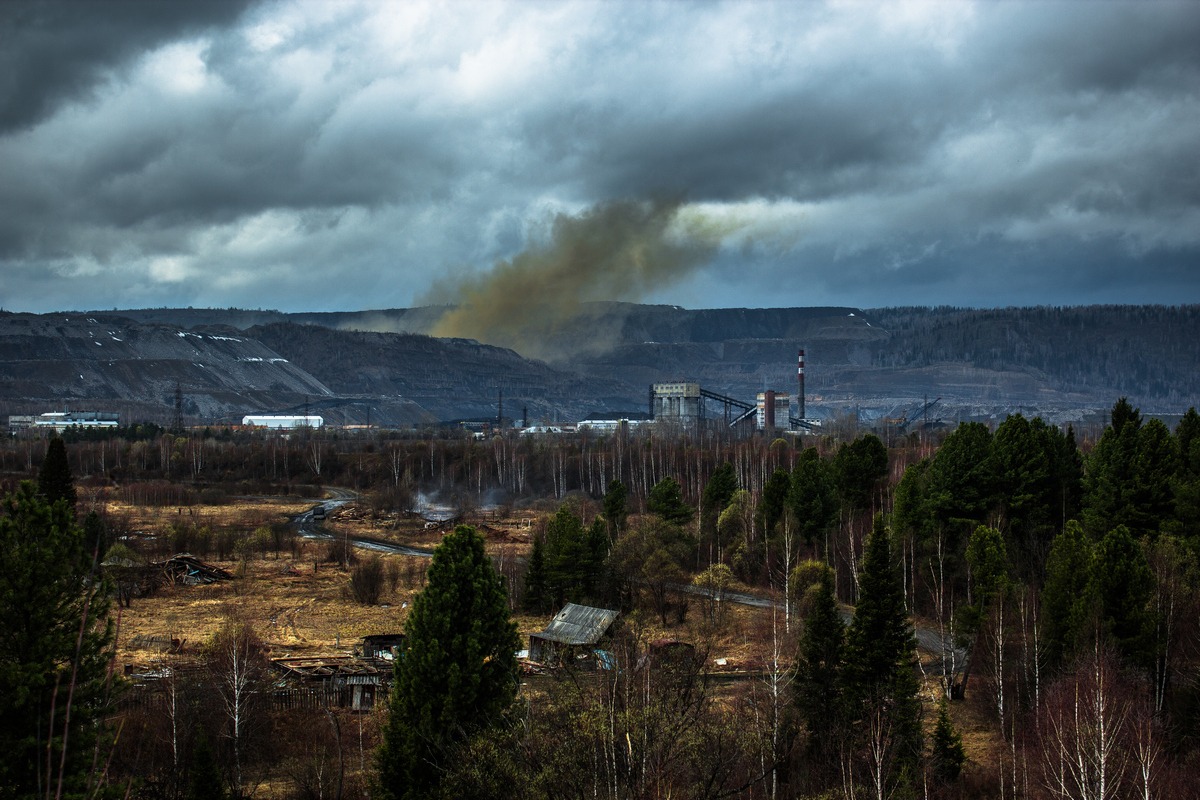
Over 60 percent of Russia’s coal is mined in Kemerovo Oblast, generally using the technique of open-pit mining, whereby mining companies blast away part of a mountain to reach a coal deposit. The blasting creates pits—enormous quarries that look like lunar craters, from which the extract coal. The waste rock is not returned to the pit, but is instead piled at the surface. This technique results in the desertification of land and air, water, and soil pollution. International human rights organizations assert that this technique is outdated and causes irreparable harm to nature and people.
Coal mining started near Kazas in the 1970s. The Sibirginsky Pit was opened in 1971, resulting in the demolition of the Shor village Kurya. This marked the beginning of the destruction of local mountains sacred to the Shor people and the taiga, where Shor people traditionally hunted and collected wild plants. At this point, two large grasslands were seized for coal mining companies. Later, the 8th section of the Mezhdurechensky Pit and the 3rd section of the Krasnogorsky Pit were opened. As these mines were developed, the Kazas River became polluted and shallower. The fish all but disappeared from it, and fishing faded as a traditional means of subsistence for the Shors.
In 2010, the Yuzhnaya coal company and the Beregovoy pit, which is part of the Sibuglemet holding company, started operating near Kazas. The Kiyzassky coal mine (Vostok Ugol), which is right next to another Shor village named Chuvashka, went online in 2012. Its coal-loading station borders another Shor town called Borodino.
But to return to Kazas: The coal company installed a checkpoint at the entrance to the village, and people could only enter after presenting documents and agreeing to a search. The water in the river became unsuitable for drinking. The walls, windows, and foundations of homes started to crack from the constant explosions. After each explosion, a cloud of poisonous sediment descended over the village. Coal dust settled into homes and garden plots, and the air became polluted. Residents also complained about the constant noise from the heavy equipment. It became impossible for them to live a traditional Shor lifestyle.
In 2012, Karagay-Lyash, a mountain sacred to the Shors where they performed their rituals, was blown up. The spirit of this mountain was considered to be the village’s guardian.
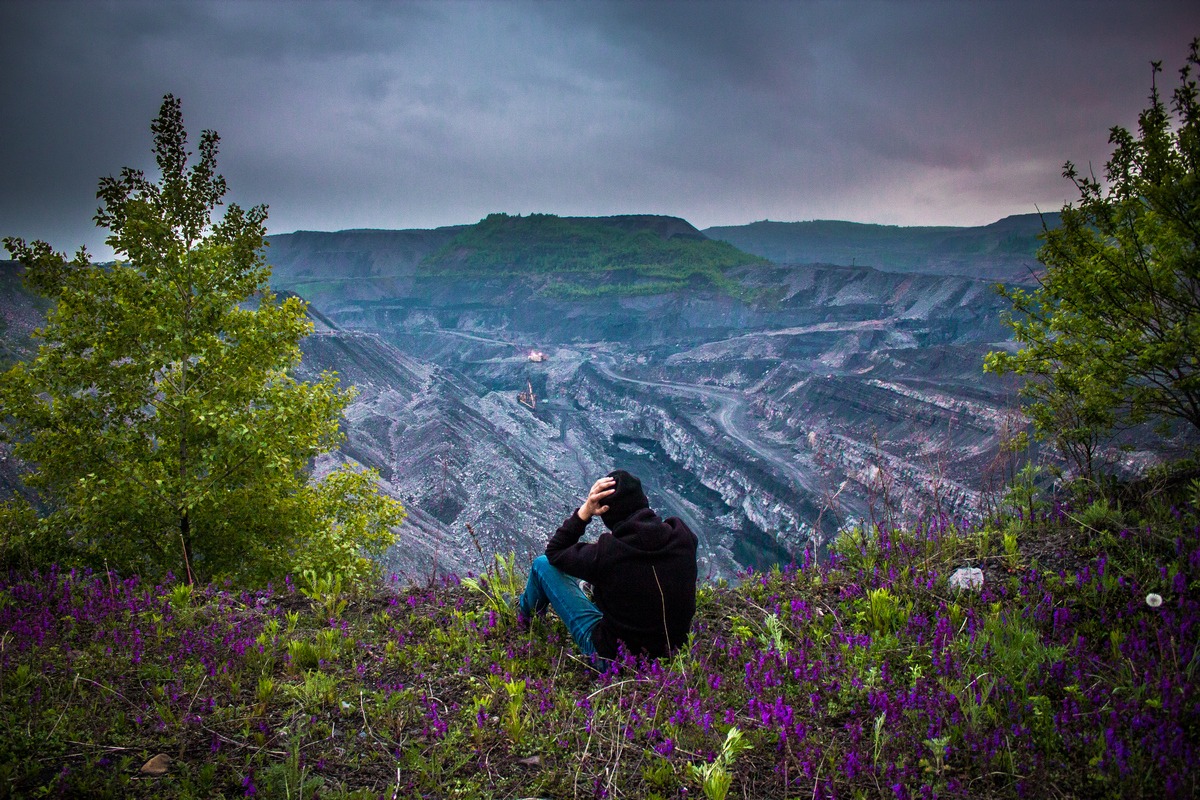
In the summer of 2012, the Myski city administration entered into an agreement with Yuzhnaya, which included a provision on coordinating activities to eliminate Kazas and evict its residents. The company had started demanding that residents sell their homes and land by late 2012. People were called into the city administration one by one, where they were talked and threatened into giving up their property. The price offered by the company was 10 times below market rate. In December 2012, just over half of the residents were invited to an assembly at the City Cultural Center, supposedly to discuss resettlement. But the matter of shutting down the village entirely had been added to the agenda. Participants were pressured and hurried into making a decision without being offered individual consultations. In the end, the majority of participants voted to eliminate the village. This decision cannot really be called legitimate, however, because it violated procedure and half of the village residents were not present. Later, in 2015, representatives of the Myski administration officially announced that they knew nothing at all about the assembly, including who organized it, or if it had even been held at all. Yuzhnaya also denied that it had organized this assembly.
In 2013, the Myski Council of People’s Deputies adopted a decision to move the village. The city social movement Shoriya, which had been created two months before, consented on behalf of the Shors, but the Shors themselves did not agree with the decision and denied that Shoriya represented their interests. In early November 2013, Ilgis Khalimov, the CEO of Yuzhnaya, threatened village residents, asking if they were scared that something could happen to their homes. This ended with the burning of the homes of the people who refused to sell. One home was demolished by bulldozers and removed.
The homes purchased by Yuzhnaya started to be razed in the summer of 2013. In the spring of 2014, the company bought the village council building for next to nothing. Then bridges and communication lines were stolen from the town. Officials opened criminal cases into these thefts, but have not conducted an investigation or located the perpetrators.

Kazas residents have repeatedly asserted that no coal companies or government bodies asked in any form for their permission to mine coal near the village. In 2014, the Myski Council of People’s Deputies discussed moving Kazas to a more suitable location, offering land near the village of Turala. But the residents refused because this land was not suitable for living. In 2012 to 2014, the mayor referred several times to moving the entire village, but no new houses were ever built. The Shors filed complaints about the actions of Yuzhnaya and Sibuglemet with all possible agencies, including the head of Myski Okrug, the administration of Kemerovo Oblast, the administration of the RF president, the State Duma, and the human rights ombudsman. According to them, they received perfunctory answers from all these places, while the coal company’s activities continued.
The village has now been virtually destroyed. Entry onto its territory is banned and workers for the coal company do not allow anyone the pass through this area. A cemetery remains on the grounds of the former village, but residents cannot visit it unimpeded.
In 2016, the Shor activists Vladislav and Yana Tannagashev used UN mechanisms to report on the catastrophic situation in Kazas. As soon as they did this, they started receiving threats from the FSB and the police. Vladislav was called in for “conversations” and bribed. Unknown people started following their family. Yana received threats that she would become a widow, and she was fired from the school where she worked. The threats intensified after the Tannagashevs travelled to Geneva in 2017, and their children were put under surveillance. In 2018, the Tannagashevs were forced to flee Russia for the safety of their children.
After receiving appeals about the situation, the UN Committee on the Elimination of Racial Discrimination expressed its concern and issued recommendations to the Russian government, which included restoring violated rights in close consultation with the Shor people by providing compensation for loss of land and homes, ensuring access to indigenous lands and the cemetery, and complying with the principle of free, prior, and informed consent. The government has not implemented these recommendations as of today.
The neighboring villages of Borodino and Chuvashka are in the same situation, and residents fear that their villages will also be demolished. They have repeatedly protested against the construction of the Kiizassky mine, and Rospotrebnadzor [Russia’s consumer protection agency] specialists have warned that the pit presents a threat to residents’ life and health. An environmental expert review of this pit cites a survey where 100 percent of residents participating came out against this construction. Over the course of five months of 2013, indigenous residents of Chuvashka held one-person pickets near city hall. Construction proceeded in spite of this; the coal mining continues.
The Teleuts, another small indigenous people in Kemerovo Oblast numbering just over 2,000 people, have also lost their native habitat to coal companies. Residents of Teleut villages and the villages of Bekovo, Shanda, and Razrez 14km are living in a state of environmental catastrophe and face threats to their existence.
In August 2018, President Putin announced that more coal should be delivered for export. The government of Kemerovo Oblast plans to increase coal mining by more than 50 percent by 2035. Today the government has taken the side of companies that are gradually destroying indigenous peoples’ traditional places of residence and subsistence, thus threatening the existence of these very people and their languages and cultures.
Eugenia ANDREYUK
Photos: Nelly Tokmagasheva









 Feedback
Feedback 